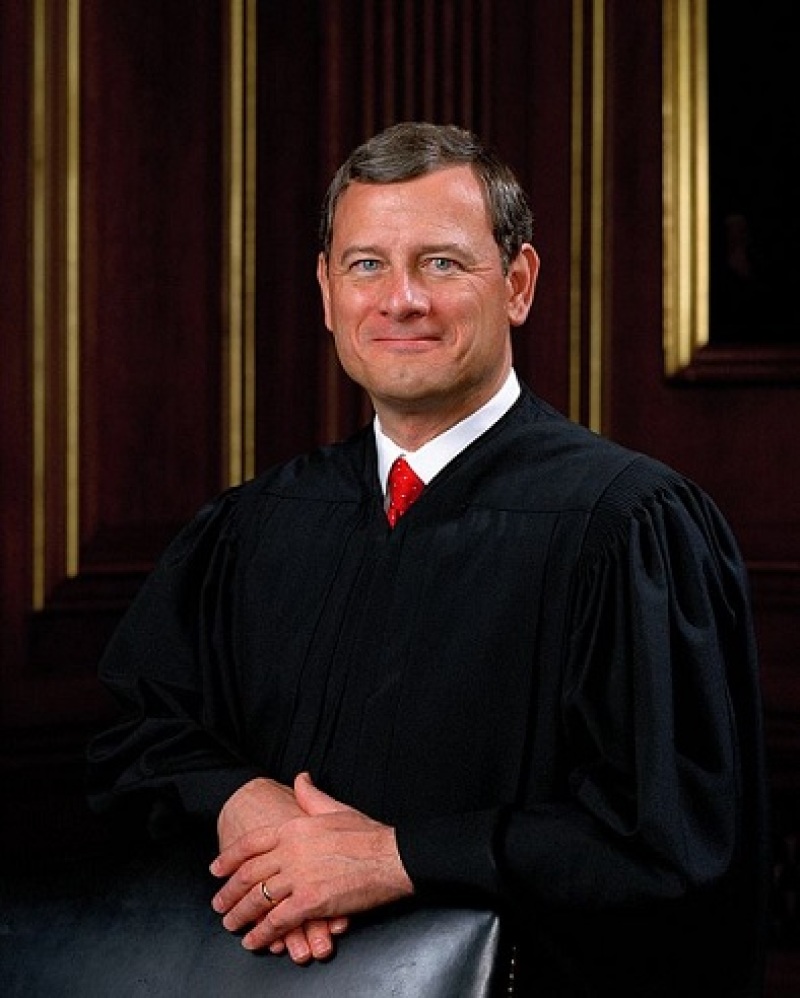
The United States Supreme Court decided on Thursday in favor of the petition of a death row inmate in Texas for his pastor to pray for him and lay hands on him during his execution.
According to the Christian Headlines, the Supreme Court decided on an 8-1 vote for John Ramirez who was put on death row for the murder he committed in 2004. The court's opinion was written by Supreme Court Chief Justice John Roberts.
Roberts, in the Supreme Court opinion, said clerical prayer done during a prisoner's execution dates back to a time even before the founding of the nation. He particularly cited General George Washington ordering chaplains to attend to prisoners under sentence of death during the Revolutionary War. Washington's order allowed chaplains to speak and pray for the condemned even at the time of their execution. As such, the justices granted Ramirez to experience the same.
"We hold that Ramirez is likely to prevail on the merits of his RLUIPA claims, and that the other preliminary injunction factors justify relief," Roberts concluded.
Texas prohibited audible prayer and the laying of hands on Ramirez on the grounds of preventing possible disruptions during his execution. The state also would like to ensure the security of the execution chamber and to avoid the further emotional trauma of the prisoner's family. However, the Supreme Court opined that they do not see such a case when it comes to Ramirez's spiritual advisor, Second Baptist Church in Corpus Christi Pastor Dana Moore.
"We agree that the government has a compelling interest in preventing disruptions of any sort and maintaining solemnity and decorum in the execution chamber. But there is no indication in the record that Pastor Moore would case the sorts of disruptions that respondents fear," the judges said.
Ramirez raised his request to the level of the Supreme Court after the United States Court of Appeals for the Fifth Circuit declined his petition. The Supreme Court accepted to review the matter in November.
Ramirez stressed in his petition that it has become a part of his faith for his spiritual advisor to lay hands on him especially when he is sick or dying. He grieved that this was denied him by the state. This was affirmed by Moore, who explained that it is a significant part of the Baptist tradition for prayer to be accompanied by touch.
Last October the Southern Baptist Convention's Ethics & Religious Liberty Commission led a faith and religious freedom coalition together with the National Association of Evangelicals to defend the right of Ramirez through a 33-paged amicus brief. The brief stressed Ramirez's right for his pastor to pray for him and lay hand on him during his execution.
The Supreme Court also ordered Texas, in the event they reschedule Ramirez's execution and decline to permit his requests, that the District Court should conduct the appropriate preliminary relief. The judges also underscored the reversal of the judgment of the United States Court of Appeals for the Fifth Circuit on Ramirez's petitions. They said "the case is remanded for further proceedings consistent with this opinion."
Ramirez's case is one of the four cases involving death row inmates who filed a petition in the Supreme Court to receive religious comfort and spiritual guidance during their final moments. The other cases involve Domineque Ray, a Muslim man from Alabama; Patrick Murphy, a Buddhist man, and Ruben Gutierrez, a Catholic man from Texas.



















